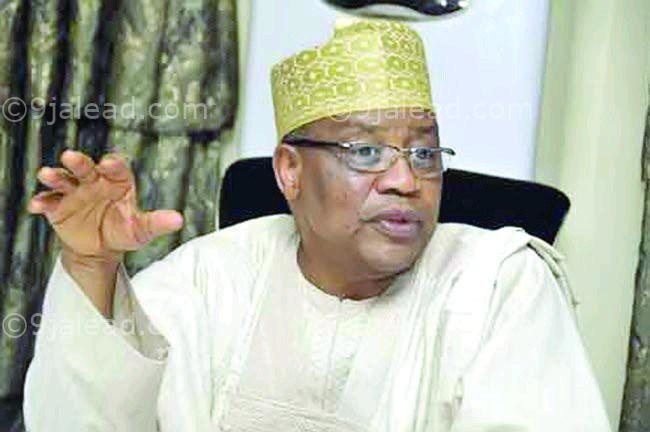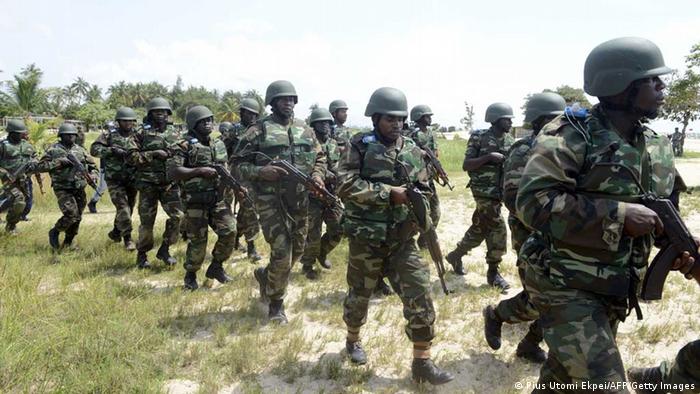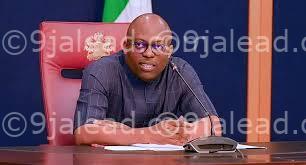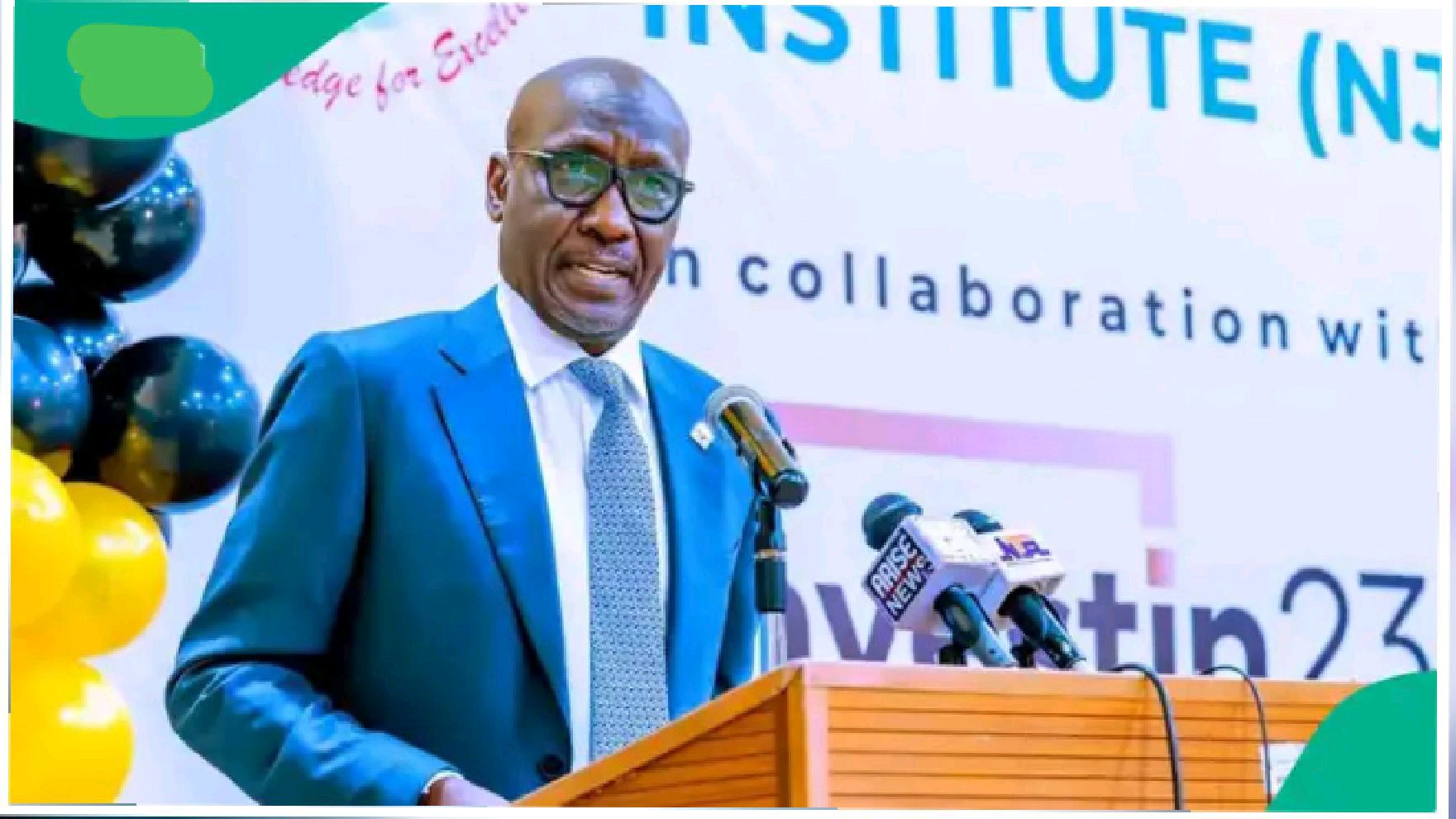• Narrates how he disarmed Dimka during 1976 coup...CLICK HERE TO CONTINUE READING.>>
FORMER Military President, Ibrahim Badamasi Babangida, has disclosed that former President Olusegun Obasanjo opted to leave the Army after he was asked to succeed former Head of State, Murtala Muhammed, following the failure of the 1976 coup that claimed Murtala’s life.
Thank you for reading this post, don't forget to subscribe!IBB made this disclosure in his autobiography, A Journey in Service while giving accounts of the events that followed the attempt to forcefully take over the Murtala’s military administration by a group of mutineers led by Lieutenant-Colonel Bukar Dimka.
Following Murtala’s death, IBB, in chapter 5 of his book entitled “The Murtala Muhammed Years,” narrated that the Supreme Military Council met the following day to discuss the succession plan but the council was divided over the choice of Obasanjo and Theophilus Danjuma, both of whom, at the time, were Lieutenant-Generals and most senior military officer.
IBB disclosed that though the pendulum of the SMC swung in Danjuma’s direction, he rejected the offer and suggested that Obasanjo, who was Murtala’s deputy and a ‘senior’ Lieutenant-General, should succeed Murtala.
According to him, Obasanjo, instead, opted to retire from the Army to pave the way for Danjuma’s ascension as Head of State, but such move led to a stalemate as Danjuma rejected the suggestion, insisting that Obasanjo should succeed the late Head of State.
IBB narrated on page 99 of his book: “The next day, the SMC met in Lagos to pick a successor to General Muhammed. We knew it would be either General Obasanjo or General Danjuma since, as Lieutenant-Generals, they were the most senior. As I recall, the pendulum swung in favour of General Danjuma at the start of the deliberations. Everyone present, including Obasanjo, thought Danjuma should take over.
“But somehow, Danjuma cast his lot with Obasanjo, insisting that as Muhammed’s deputy and a ‘senior’ Lieutenant-General, Obasanjo should succeed Murtala Muhammed. Obasanjo refused and offered, if I recall accurately, to retire from the Army to enable Danjuma to emerge as Head of State. There appeared to be a momentary stalemate. But that soon faded away. Faced with the insistence of Danjuma, everyone caved in, and Obasanjo accepted the challenge to succeed Murtala.
“With the question of the Head of State settled, the choice of substantive Deputy to Obasanjo and Chief of Staff (Supreme Headquarters) had to be resolved. I don’t recall that it was tabled before the SMC. But I suspect that General Danjuma, as Chief of Army Staff and ‘de facto’ deputy to Obasanjo during those early days, decided, presumably after consultations, to name Lt-Col. Shehu Musa Yar’Adua as Chief of Staff, Supreme Headquarters. And in an exercise that would have rattled a few within the military, especially those senior to him, Yar’Adua was promptly promoted to Brigadier and, subsequently, Major-General.”
The elder stateman also narrated how he disarmed late Dimka and other mutineers who had taken over the Radio House, adding that in the ensuing gunfight, Dimka escaped but his aide-de-camp, 2nd Lt Garba, was killed among other casualties.
“Meanwhile, I returned to General Danjuma to give him a report of my encounter with Dimka. Danjuma was furious. He ordered me back to the Radio House with a reiteration of his earlier instructions to ‘flush Dimka out of place immediately.
“I returned to Radio House with Chris Ugokwe, better equipped and prepared. By now, we had been joined by, among others, Mike Otuwa, James Ojokojo, John Shagaya and Jack Iketubosin.
“But first, I had to reach out to my friend and classmate, Sani Sami, who commanded the Brigade of Guards, to handle a difficult assignment. The Brigade of Guards’ barracks provided easy access to the Radio House. But again, I had to be careful since I wasn’t sure whether the Brigade was still loyal to the government.
“Sani Sami and I consulted and agreed that there should be minimum destruction. And that we would do what we were taught as cadets in situations involving a civilian population to ensure that civilians got out of the way and didn’t get injured.
“Once that was done, we moved in, cordoned off the area and engaged the mutineers in a gun battle. There were casualties in the ensuing armed confrontation, including Dimka’s ADC, 2nd Lt Garba.
Also, one of the other vital plotters, Major Ibrahim Rabo, was arrested by Major Yomi Williams as he tried to escape and was promptly taken to the Bonny camp for interrogation. But, somehow, Dimka, quite inexplicably to this day, managed to escape from the scene unharmed,” IBB recalled.
He added that “Later that evening, the Federal government announced that the coup attempt had been quashed and declared seven days of national mourning in Murtala’s honour. The next day, February 14, General Muhammed was buried in Kano at a ceremony witnessed by thousands of mourners and members of the SMC, including Major-General Bisalla, who would later be implicated in the coup attempt.
“The national outpouring of grief and support following the assassination of Murtala was unprecedented. In his short six months in office, Murtala Muhammed had become a folk hero, endearing himself to many. Angry, grief-stricken students of the Universities of Ibadan, Benin and Lagos held violent street demonstrations in protest against his killers.
“Organised Labour movements, civil society organisations and even market women issued statements of solidarity for the Murtala Muhammed administration.
Afterwards, the GOC of the 1 Division in Kaduna, Major-General Alani Akinrinade, issued a strong statement of support from Lagos for Murtala, and virtually all other military installations in the country followed suit by disassociating themselves from the coup.”











